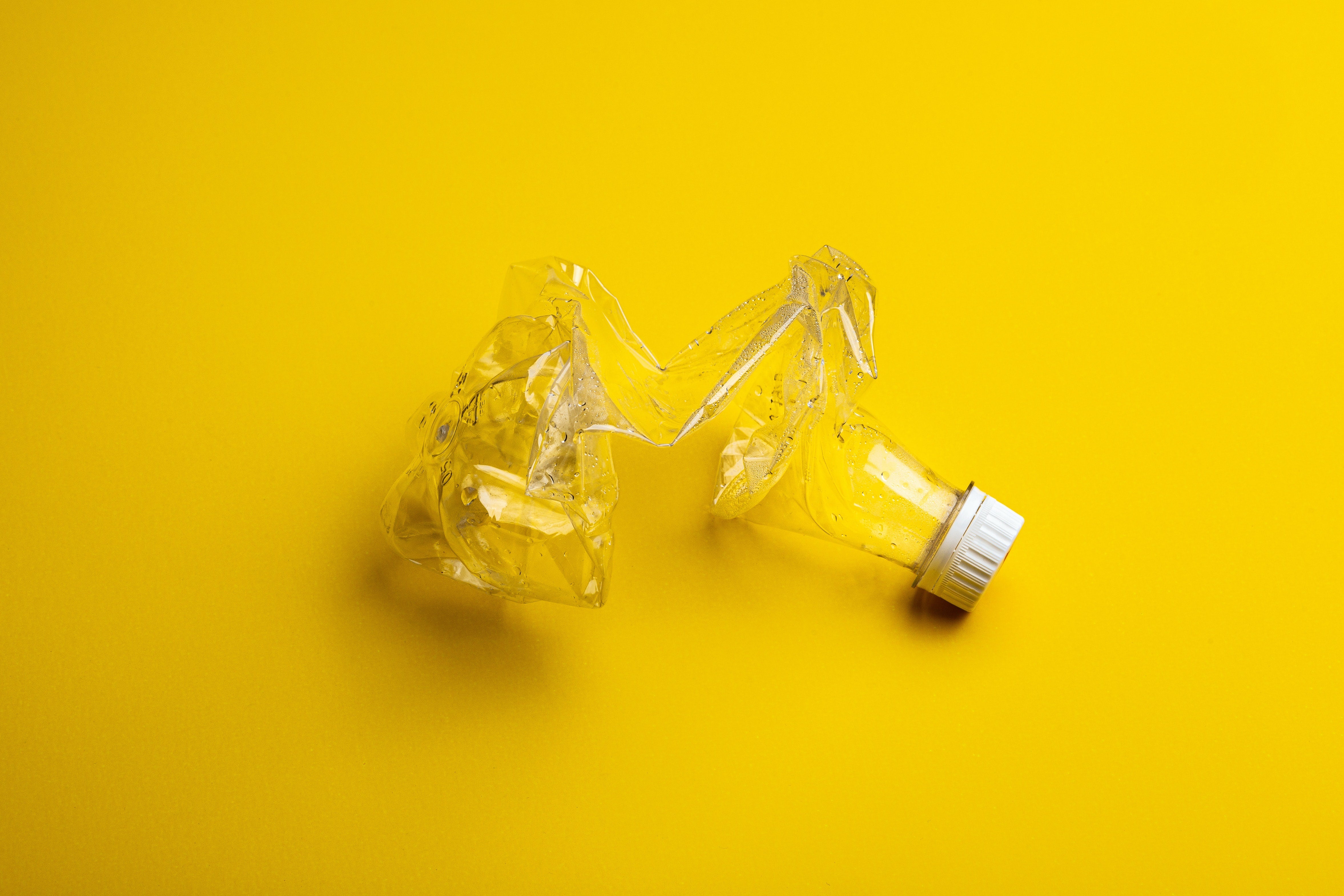
We all know BPA isn't great, but why exactly is that?

Forrest G
Crazy about clean water, rocks (climbing them), and gardening
It has become commonly understood that BPA is questionable for our health and we most often know it because of its presence in plastics. So more and more, we as consumers are opting for products that are "BPA free." But what exactly is BPA?
BPA stands for Bisphenol A which is a chemical produced world wide and is most commonly used in polycarbonate plastic. It is also called the "everywhere chemical" because it is present in so many products we use daily like in single use plastic bottles or in the flooring in our kitchens.

Decades ago, BPA was boycotted for its presence in baby products. Parents were concerned for their young ones who are more susceptible and were concerned after BPA had been correlated to some reports of fetal abnormalities and low birth weight, along with other problems like brain or behavior disorders in infants and children to name a few.
Today BPA is known as an endocrine disruptor. The endocrine system is responsible for producing and secreting hormones from various glands in our bodies. Hormones are sent via the bloodstream to target tissues and are responsible for a wide number of functions in our bodies like: respiration, metabolism, reproduction, sensory perception, movement, sexual development, and growth. Our body relies on this system every day to carry out basic bodily functions that keep us running and healthy.
Endocrine disruptors may mimic or interfere with our bodies' hormones and can have many adverse effects. Some endocrine disruptors break down slowly in the environment and so can be hazardous to the environment as well. Contact with endocrine disruptors occurs in many ways, through our skin, diet, water, and in the air. Even small doses of endocrine disruptors can cause negative implications as our body's endocrine system depends on homeostasis and even small deviations from that can cause an increase or decrease in hormone production which can then lead the body to function improperly.
As more awareness around BPA increases, more and more studies are being conducted to better understand how exactly BPA affects us.
Harvard conducted a study in 2009 testing 77 students for whether ingestion from BPA containers will increase concentrations of BPA within the body. The results concluded that students who drank from BPA bottles for a week had increased concentrations of BPA in their urine by two thirds. To see the full study, click here.
This study was important because it was unknown how serious the exposure would be to BPA if one was merely drinking from a product that contained BPA, and these results implicate that this kind of exposure does significantly increase concentrations of BPA even after a short period.

So what can you do to avoid it?
Of course, you can look for the "BPA Free" logo on products before purchasing.
You can also avoid products that commonly contain higher levels of it like:
Plastic, canned foods, and receipts
Be sure not to microwave food in plastic containers.
Buy dried or frozen fruits or vegetables to avoid canned items.
Hand wash plastics instead of washing them in the dishwasher and avoid harsh detergents.
And lastly, filter your water!
To Learn More, check out the links below:


Share:
Solid Carbon vs Granulated Carbon Filters: What's Better?
How Often Should You Be Changing Your Filter?